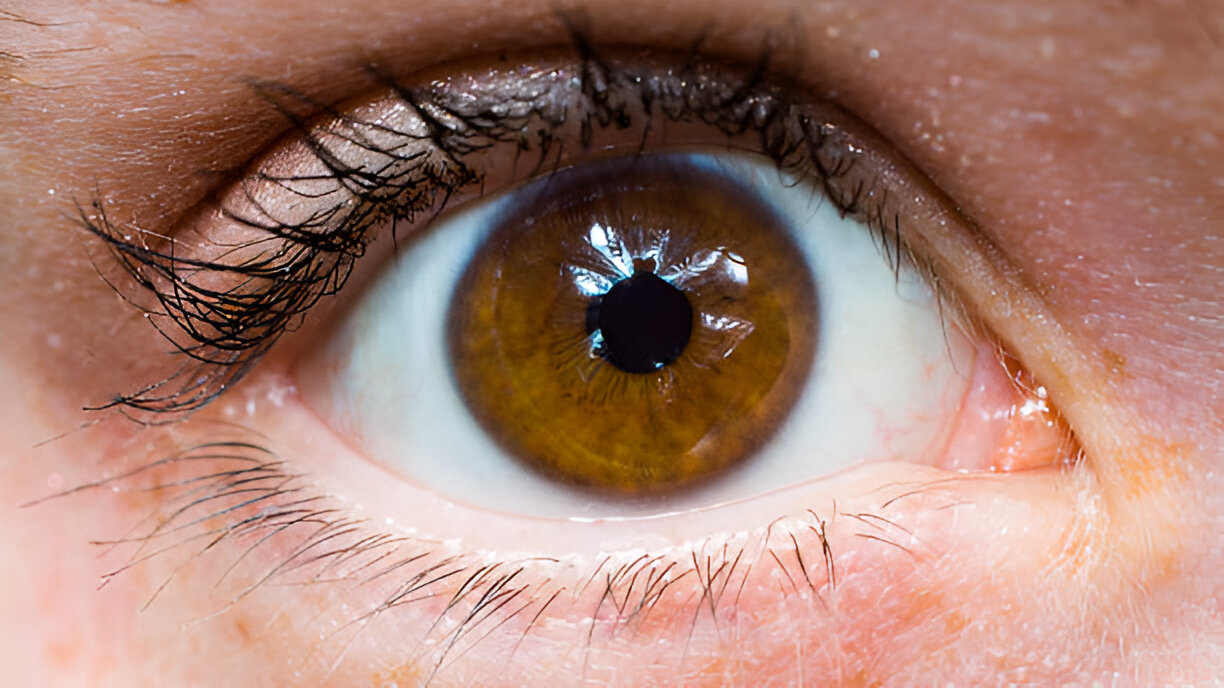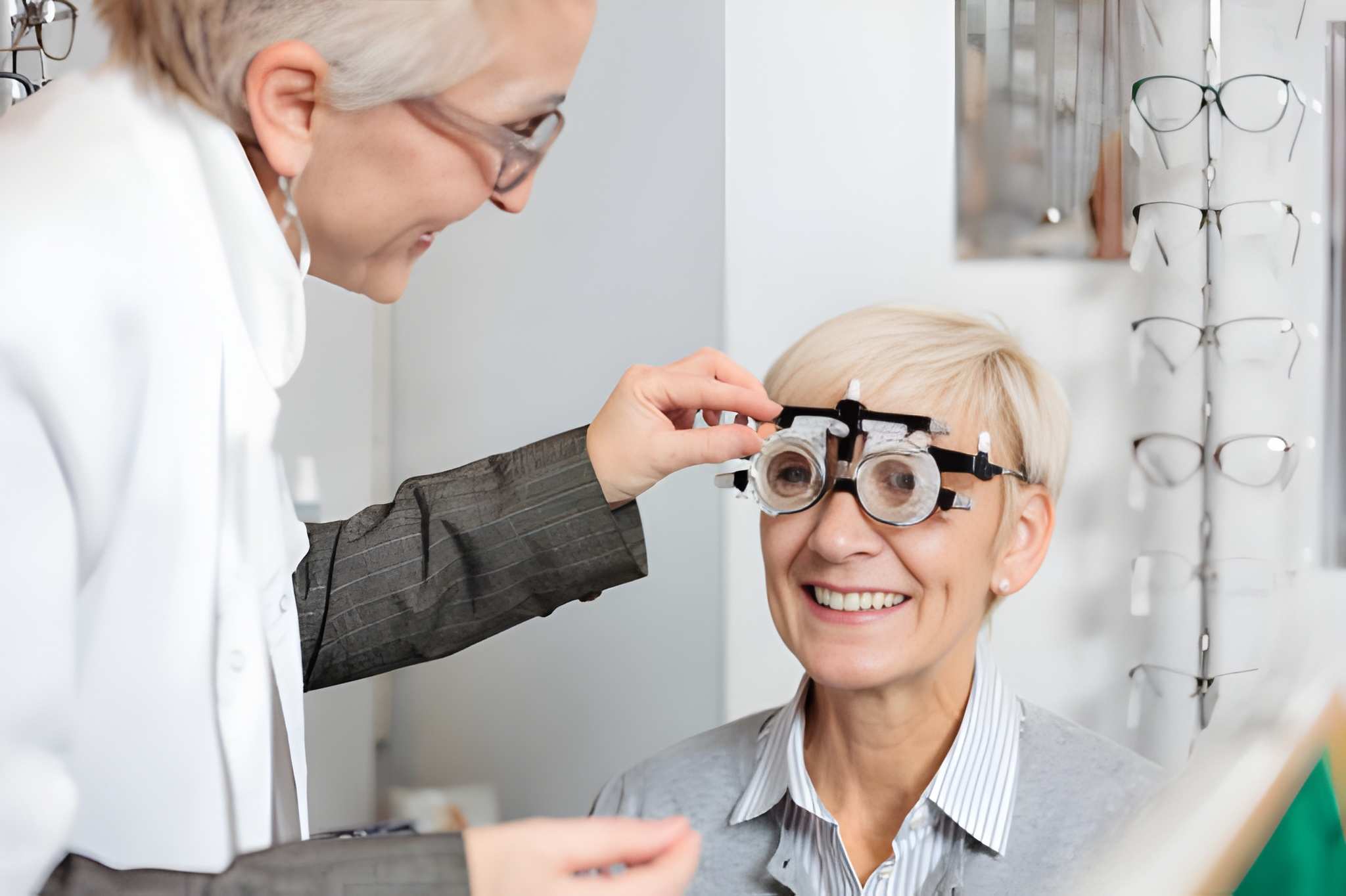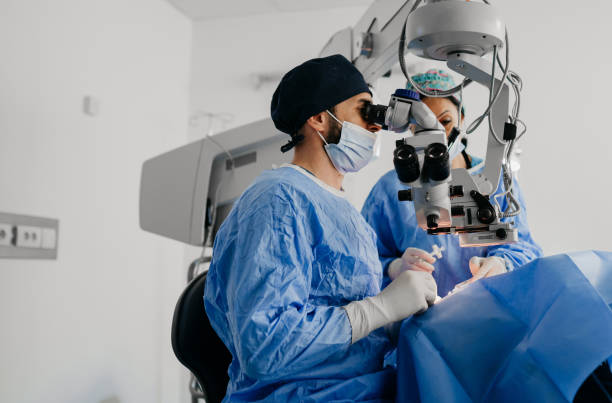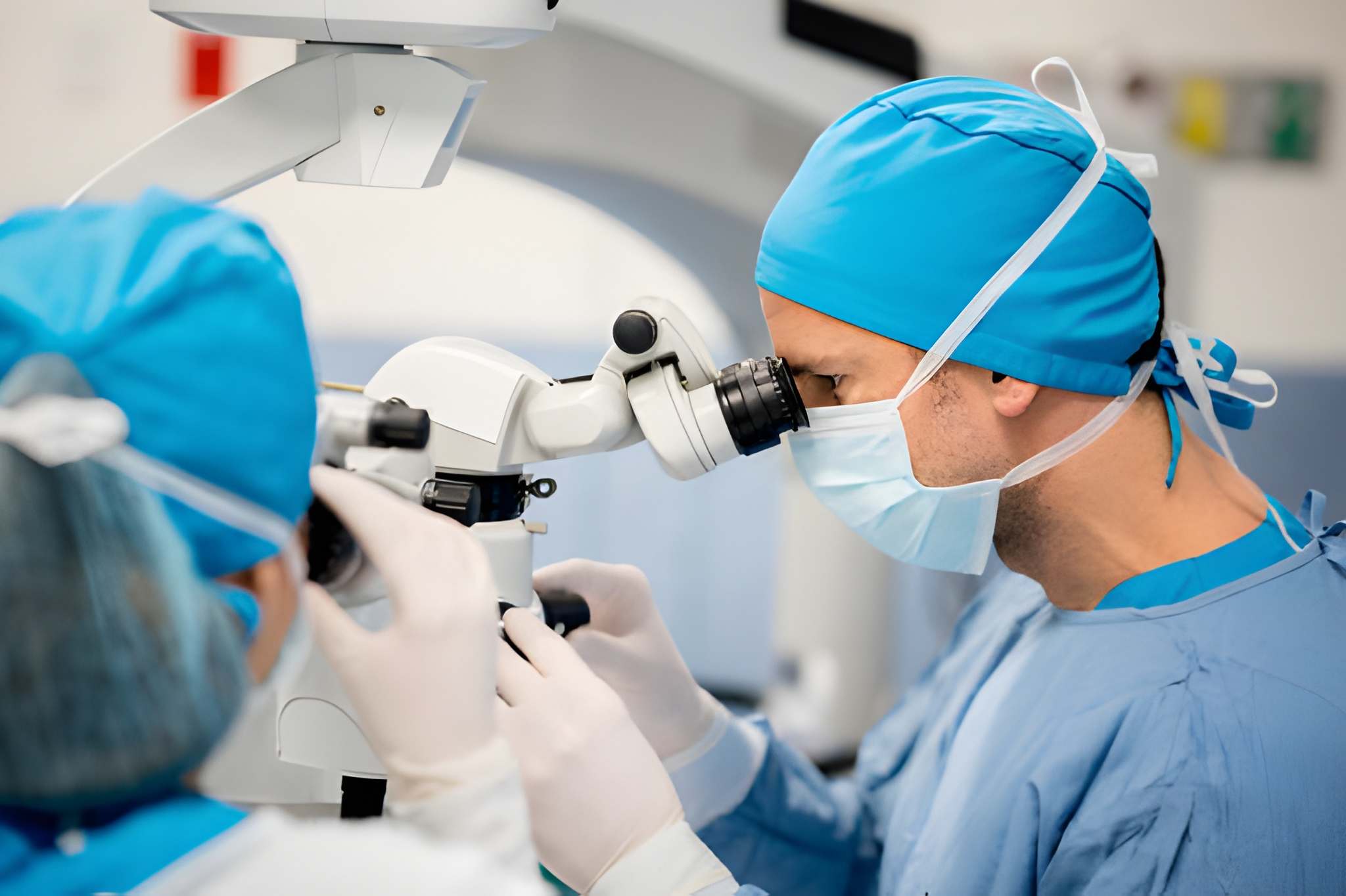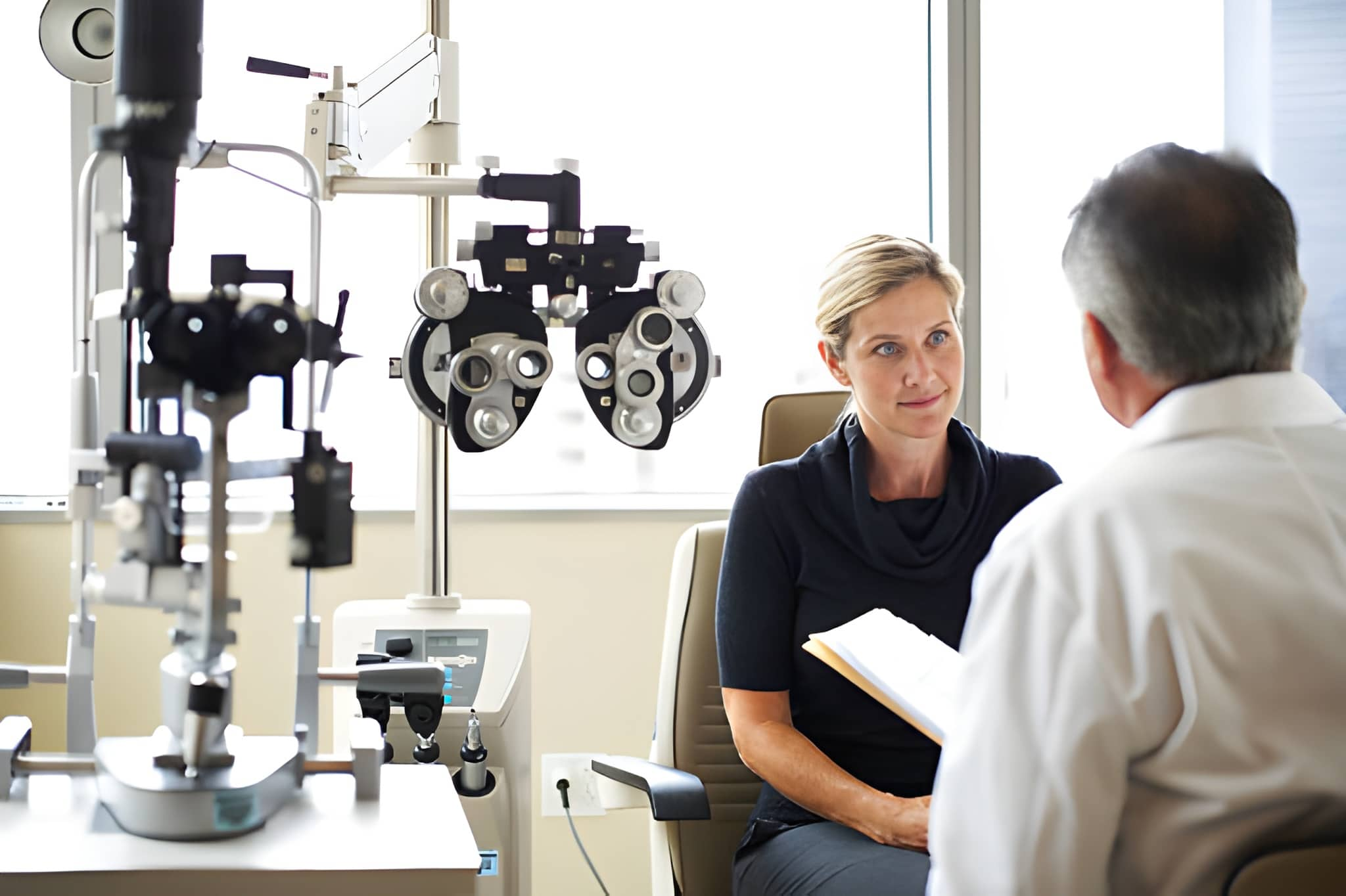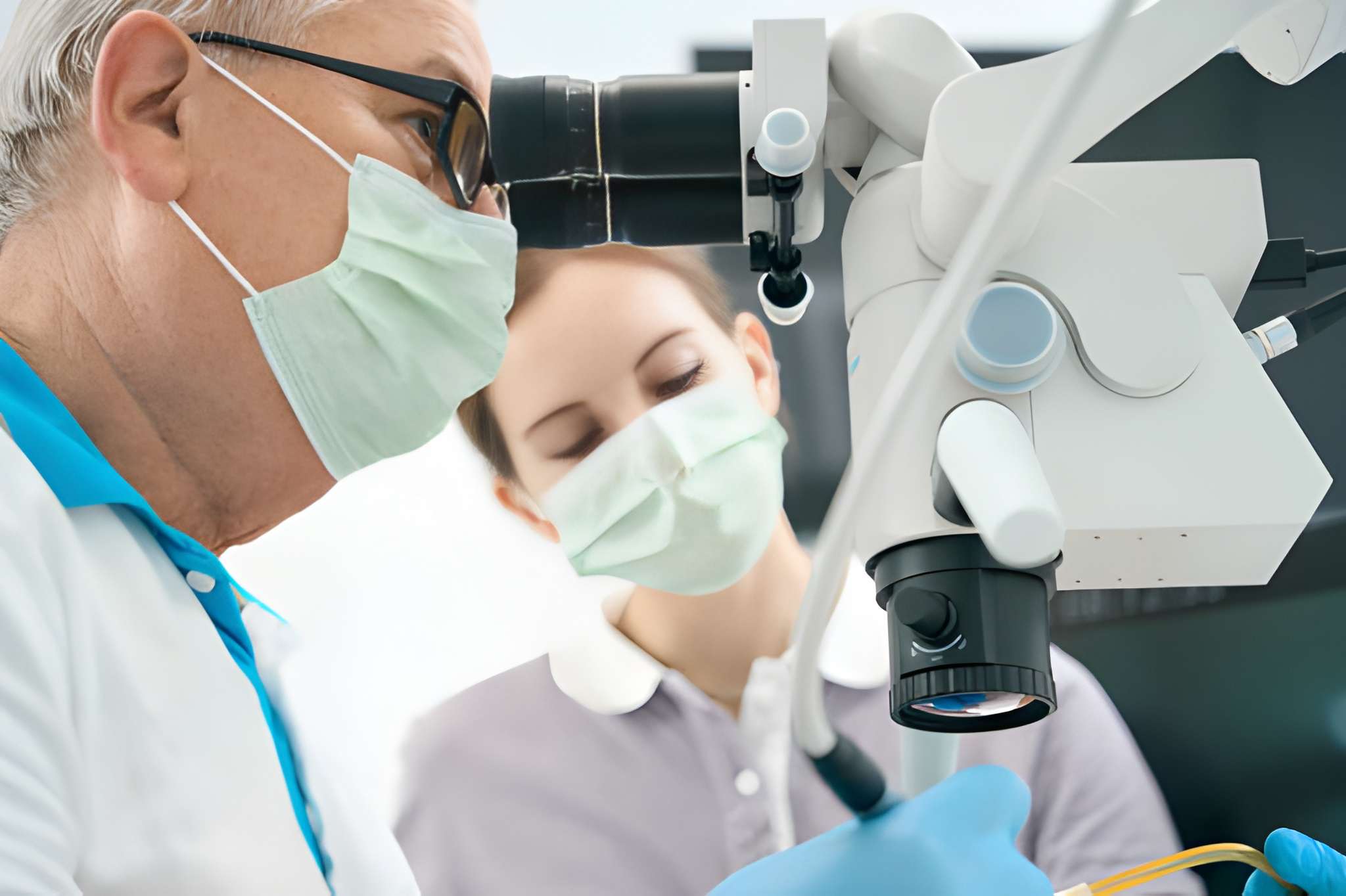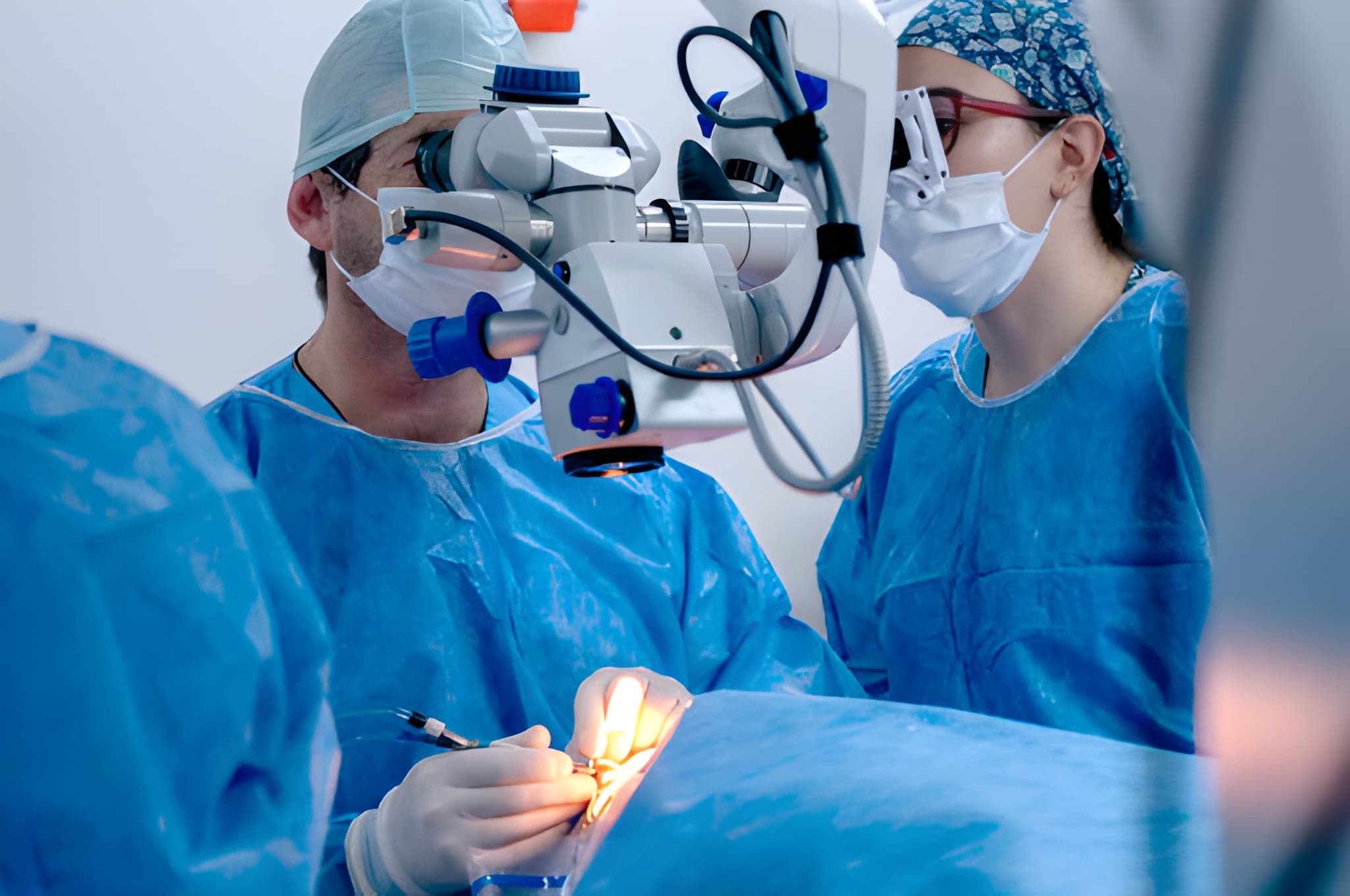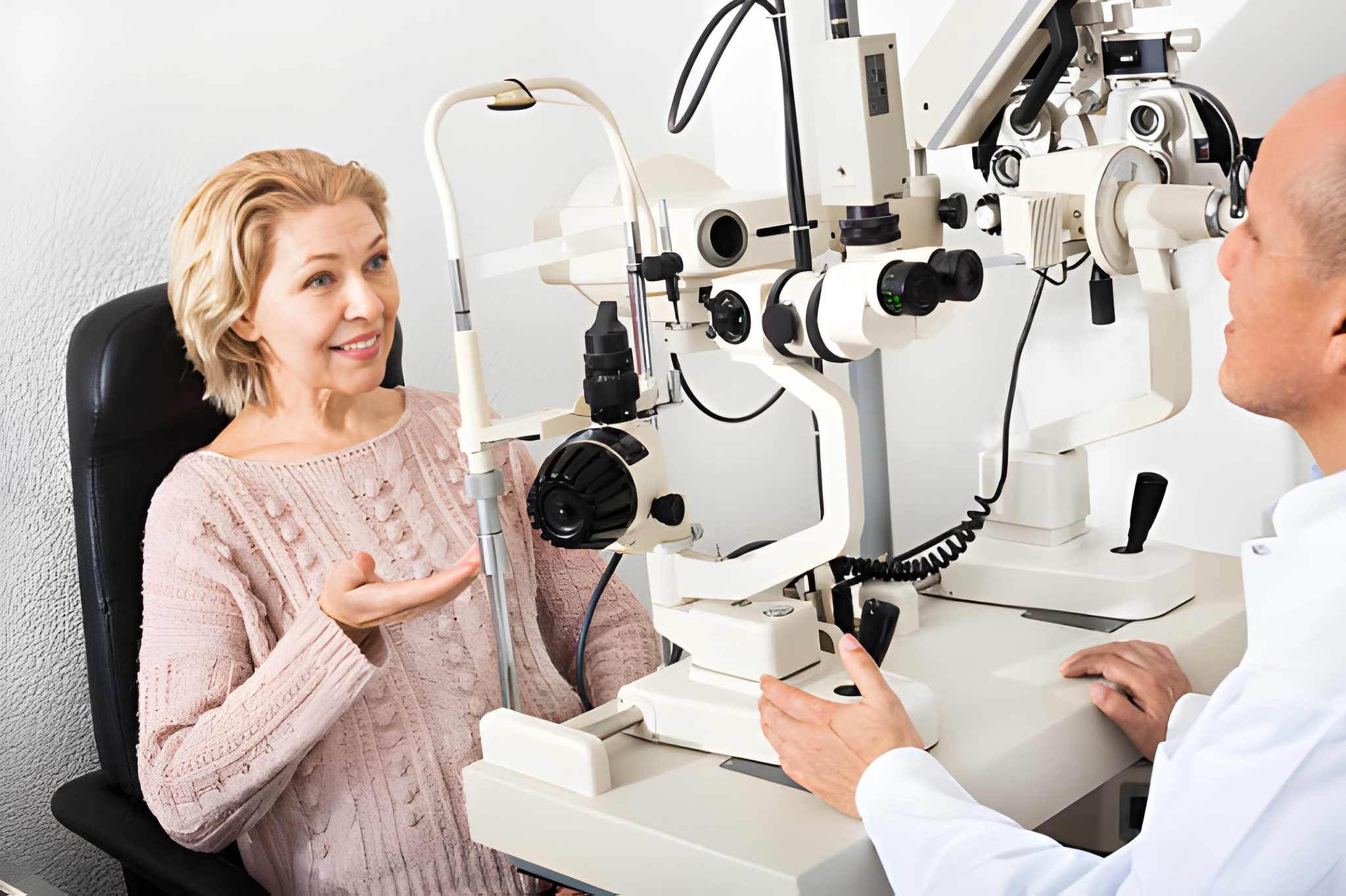Cataracts cannot be reversed, but their progression can often be slowed with protective habits, healthy lifestyle choices, and regular eye examinations. Early monitoring helps preserve vision for longer and delays the need for surgery.
Cataracts cause cloudy vision, glare, and difficulty seeing at night. While ageing is the main cause, daily habits can affect how quickly cataracts worsen. Taking proactive steps may help slow progression and protect your eyesight. Understanding what helps — and what harms — your eyes is key.
What Causes Cataracts to Worsen?
Cataracts worsen when the eye’s natural lens continues to break down and become cloudier. Factors such as UV exposure, smoking, poor nutrition, uncontrolled diabetes, and certain medications can speed up this process.
How Long Before You Can Bend Over After Cataract Surgery?
Ways to Slow Cataract Progression
Wear sunglasses that block 99–100% of UVA and UVB rays
Eat a diet rich in antioxidants and omega-3 fatty acids
Stop smoking and limit alcohol intake
Maintain a healthy weight
Control blood sugar if you have diabetes
Stay well hydrated
Attend regular eye check-ups
Are You Awake During Cataract Surgery?
How to Protect Your Eyes From Cataracts (Step-by-Step)
Step-by-Step Eye Protection
Wear UV-protective sunglasses whenever outdoors
Use a wide-brimmed hat in strong sunlight
Eat colourful fruits and vegetables daily
Avoid smoking and second-hand smoke
Schedule annual eye exams
Follow your doctor’s advice on medications
Can You See a Cataract in the Mirror?
Why Regular Eye Exams Matter
Routine eye examinations allow cataracts to be detected early. An eye specialist can track changes in the lens and identify other conditions that may worsen vision. Early guidance helps slow progression and plan treatment at the right time.
Steroid Eye Drops and Cataracts
Long-term use of steroid eye drops can accelerate cataract formation. Anyone using steroid medication should have their eyes monitored regularly and discuss safer alternatives with their doctor when possible.
When Is Cataract Surgery Considered?
Cataract surgery is usually recommended when vision loss affects daily activities such as reading, driving, or recognising faces. It is a safe and effective procedure that replaces the cloudy lens with a clear artificial one.
How Painful is Cataract Surgery?
Take Control of Your Eye Health
If cataracts are affecting your vision, early expert care matters. At Dr. Qasim Qasem’s clinic, personalized assessments and modern treatment options help protect your eyesight and quality of life. Book a consultation today to discuss prevention strategies or treatment options tailored to you.
FAQs (People Also Ask)
Can cataracts go away on their own?
No. Cataracts do not reverse naturally and usually worsen over time without treatment.
Can lifestyle changes stop cataracts completely?
Lifestyle changes cannot stop cataracts entirely, but they can slow progression and protect vision.
How often should cataracts be monitored?
Most people should have yearly eye exams, or more often if advised by their doctor.
Do sunglasses really help cataracts?
Yes. UV protection is one of the most effective ways to slow cataract progression.
Is cataract surgery painful?
Cataract surgery is usually painless and performed under local anaesthesia.
Author
Reviewed by: Eye Care Team at Dr. Qasim Qasem Eye Clinic
Specialist review aligned with clinical ophthalmology standards
Last Updated
Last updated: 21 January 2026



